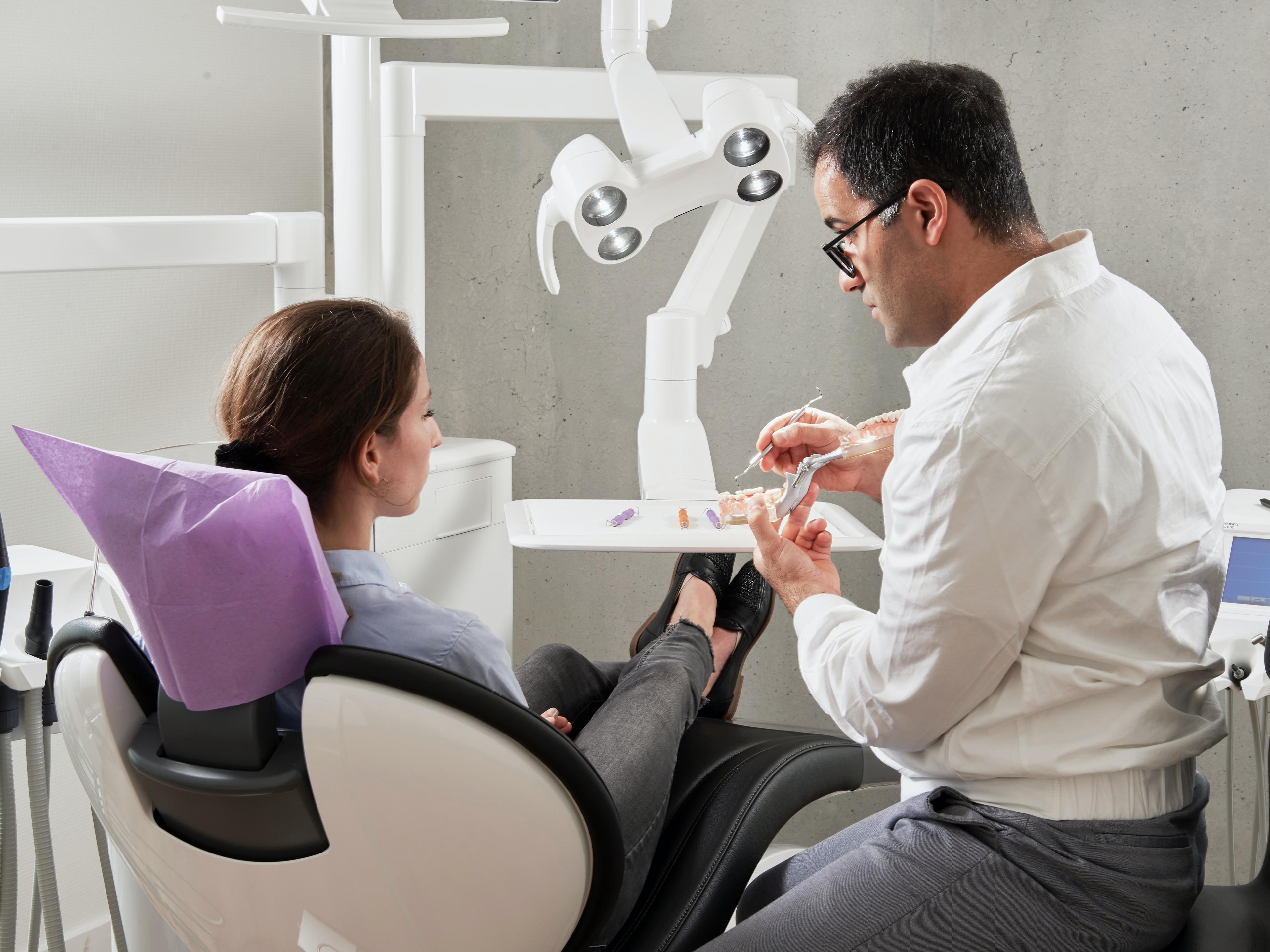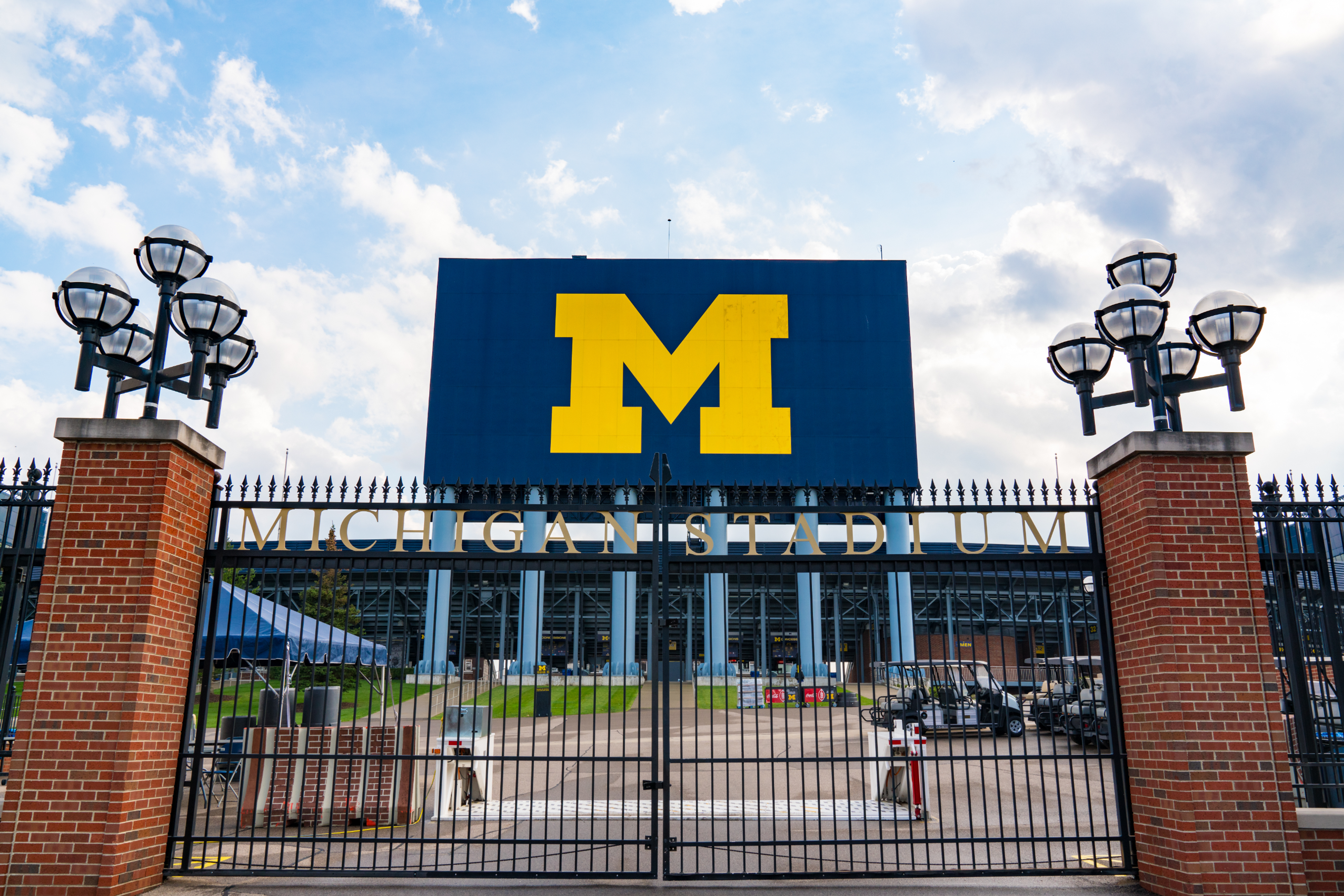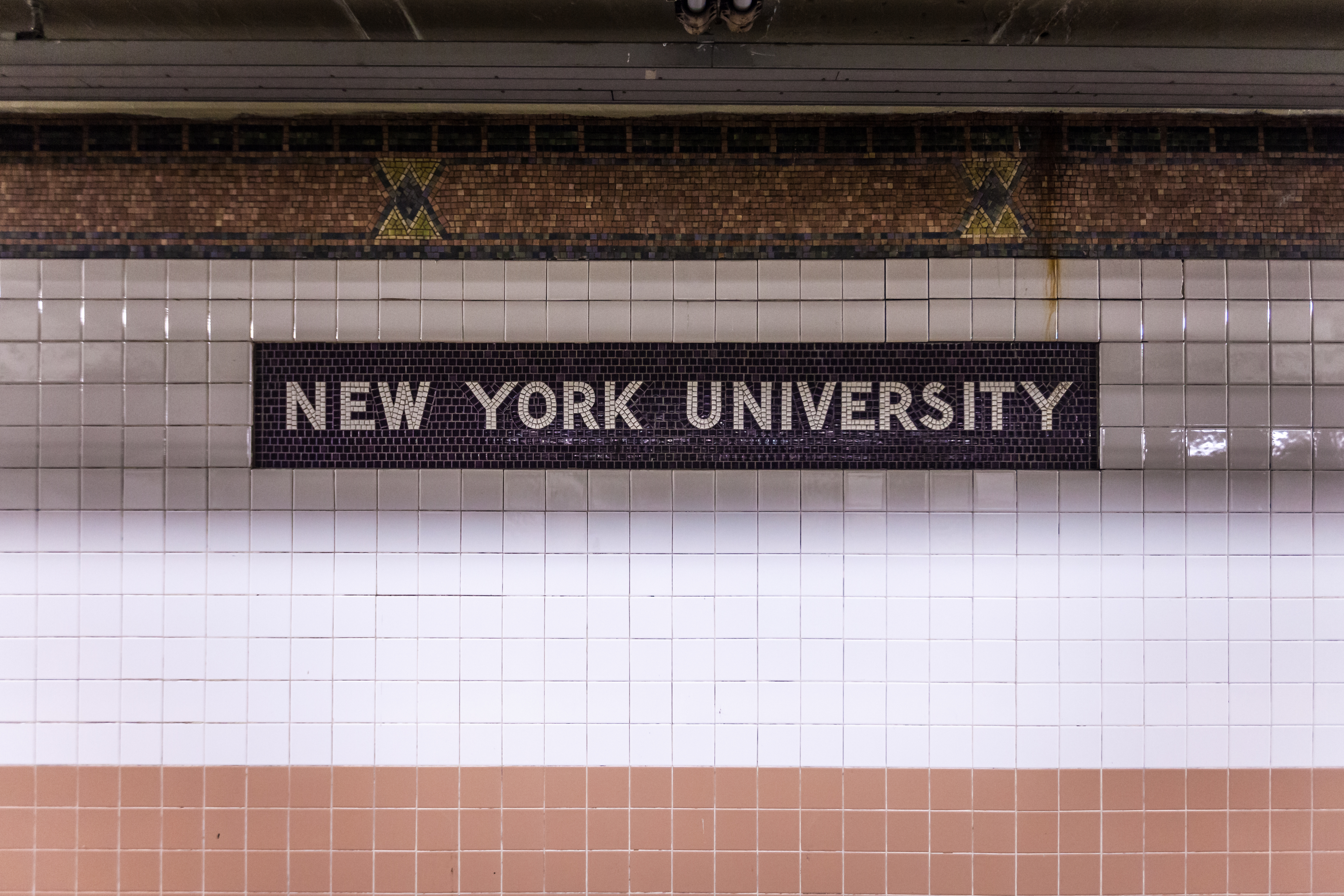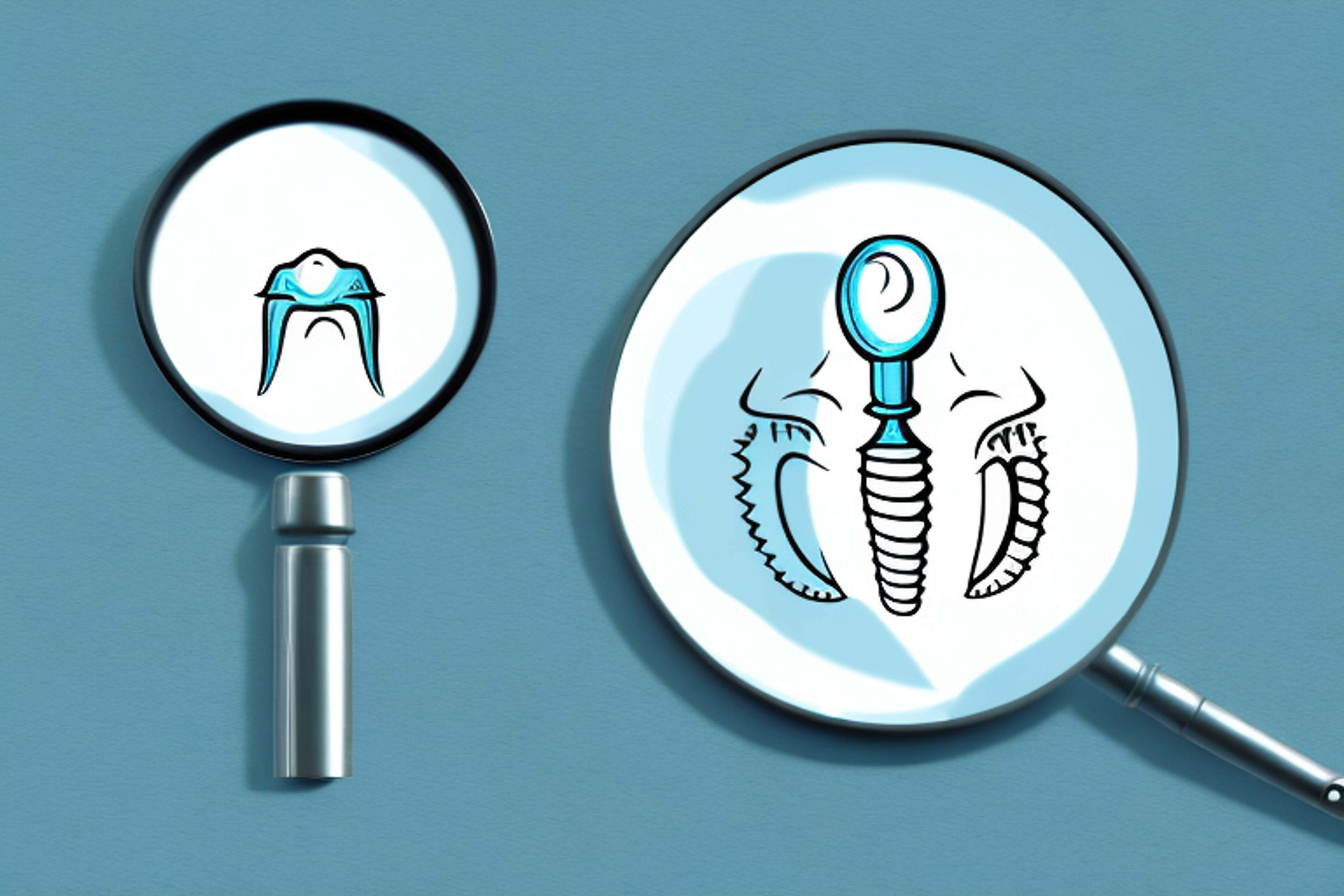University of Iowa College of Dentistry and Dental Clinics: An Overview of Admissions Requirements
Learn about the admissions requirements for the University of Iowa College of Dentistry and Dental Clinics in this comprehensive overview.
Posted May 19, 2023

Table of Contents
If you are looking to pursue a career in dentistry, the University of Iowa College of Dentistry and Dental Clinics is an excellent option. The college has a rich history of training dentists and offers a rigorous academic program that emphasizes hands-on experience and patient care. In this detailed article, we will provide you with a comprehensive overview of the admissions requirements for the University of Iowa College of Dentistry and Dental Clinics, including academic and non-academic requirements, the application process, interview preparation, financing options, and career opportunities after graduation.
Understanding the University of Iowa College of Dentistry and Dental Clinics
The University of Iowa College of Dentistry and Dental Clinics is part of the University of Iowa Health Sciences campus, located in Iowa City, Iowa. The college offers extensive clinical training opportunities in state-of-the-art facilities and boasts one of the largest dental clinics in the nation, treating over 80,000 patients annually. The curriculum incorporates the latest advances in dental research and technology, and students have the opportunity to work with world-class faculty members who are experts in their fields. The college's mission is to provide excellent dental education, patient care, and service to the community.
In addition to its educational and clinical offerings, the University of Iowa College of Dentistry and Dental Clinics is also committed to advancing the field of dentistry through research. The college has several research centers and programs, including the Craniofacial Clinical Research Program, which focuses on improving the treatment of craniofacial anomalies, and the Dental Informatics Research Laboratory, which develops and evaluates new technologies for dental practice. Through these research initiatives, the college is able to contribute to the development of new treatments and technologies that benefit patients and dental professionals alike.
The Importance of Dental Education
Dental education is critical for those looking to pursue a career in dentistry. It provides students with comprehensive knowledge in oral health and prepares them to diagnose, treat, and prevent dental issues. Dentists play a crucial role in maintaining their patients' overall health and well-being by preventing and treating oral diseases. Additionally, dentists often work alongside other healthcare professionals to come up with customized treatment plans for individuals.
Moreover, dental education also emphasizes the importance of patient communication and education. Dentists are not only responsible for treating dental problems but also for educating their patients on proper oral hygiene practices and preventative measures. This education can help patients maintain good oral health and prevent future dental issues. Dental education also includes training in the latest technologies and techniques, allowing dentists to provide the best possible care to their patients.
Requirements for Admission to the University of Iowa College of Dentistry and Dental Clinics
Admission to the University of Iowa College of Dentistry and Dental Clinics is competitive, and the requirements are rigorous. Prospective students must meet both academic and non-academic requirements to be considered for admission. Here are some of the essential requirements:
Academic Requirements for Admission to the University of Iowa College of Dentistry and Dental Clinics
The following academic requirements should be met:
- Completion of a Bachelor's degree from an accredited college or university
- Submission of official transcripts from all institutions attended
- A minimum cumulative GPA of 3.0 and science GPA of 3.0 on a 4.0 scale
- Scores on the Dental Admissions Test (DAT)
The DAT scores are an important aspect of the admissions process, as they measure an individual's academic ability and scientific understanding. The admissions committee will consider all aspects of the application when evaluating candidates, including the personal statement, letters of recommendation, and extracurricular activities.
In addition to the academic requirements, the University of Iowa College of Dentistry and Dental Clinics also values diversity and cultural competency. Applicants who have experience working with diverse populations or who have taken courses in cultural competency will be viewed favorably by the admissions committee. The college also encourages applicants to participate in volunteer work and community service, as these experiences demonstrate a commitment to serving others and can help develop important skills for a career in dentistry.
Non-Academic Requirements for Admission to the University of Iowa College of Dentistry and Dental Clinics
Non-academic requirements play a critical role in the admissions process, and students are expected to demonstrate exceptional personal and professional qualities. Some of the non-academic requirements are:
- Extracurricular activities that demonstrate leadership and teamwork
- Volunteer work and community service
- Healthcare-related experience in a clinical setting
- Strong interpersonal skills and the ability to work well with others
The University of Iowa College of Dentistry and Dental Clinics values diversity and encourages candidates from different backgrounds to apply. Students with unique backgrounds and experiences can bring valuable perspectives to the college and enhance the learning experience for everyone.
In addition to the non-academic requirements listed above, the University of Iowa College of Dentistry and Dental Clinics also considers the personal statement and letters of recommendation as important components of the application. The personal statement should demonstrate the applicant's passion for dentistry and their motivation for pursuing a career in the field. Letters of recommendation should come from individuals who can speak to the applicant's character, work ethic, and potential for success in dental school.
It is also important for applicants to have a strong understanding of the dental profession and the role of a dentist. This can be demonstrated through shadowing experiences or conversations with practicing dentists. The University of Iowa College of Dentistry and Dental Clinics offers opportunities for applicants to connect with current students and faculty to learn more about the program and the profession.
The Application Process for the University of Iowa College of Dentistry and Dental Clinics
The application process for the University of Iowa College of Dentistry and Dental Clinics starts in May every year, and the deadline is typically in early October. Students should carefully review the application requirements and prepare their application materials accordingly. Here are the steps involved in the application process:
- Complete the AADSAS application online (https://www.adea.org/AADSASapp/)
- Submit official transcripts from all institutions attended
- Submit official DAT scores
- Submit a personal statement and three letters of recommendation
- Pay the application fee
Once the application materials have been received, the admissions committee will review them and invite select candidates for an interview. The interview is an essential part of the admissions process, and it provides an opportunity for the college to get to know the applicant better and evaluate their interpersonal skills and suitability for the program.
It is important to note that the University of Iowa College of Dentistry and Dental Clinics has a highly competitive application process, with a limited number of spots available each year. Therefore, it is crucial for applicants to submit their materials as early as possible and to ensure that their application is complete and meets all the requirements.
Additionally, the University of Iowa College of Dentistry and Dental Clinics offers a variety of financial aid options to help students cover the cost of tuition and other expenses. These include scholarships, grants, loans, and work-study programs. Students are encouraged to explore all available options and to apply for financial aid early in the application process.
Tips for Successful Admissions to the University of Iowa College of Dentistry and Dental Clinics
Applicants can increase their chances of being admitted to the University of Iowa College of Dentistry and Dental Clinics by:
- Preparing carefully for the DAT and achieving high scores
- Volunteering and gaining healthcare-related experience
- Developing strong interpersonal and communication skills
- Networking with dental professionals and getting to know the faculty at the college
- Writing a compelling personal statement that showcases their unique qualities and experiences
Preparing for Your Interview at the University of Iowa College of Dentistry and Dental Clinics
The interview is a crucial part of the admissions process, and candidates should prepare carefully. They should research the college and the oral health profession, practice their communication skills, and be ready to answer common interview questions. Candidates should also dress professionally, arrive early, and be courteous and professional throughout the interview process.
Financing Your Education at the University of Iowa College of Dentistry and Dental Clinics
The cost of attending dental school can be significant, and the University of Iowa College of Dentistry and Dental Clinics offers several financing options to help students manage their expenses. Students can apply for scholarships, grants, and loans to cover the cost of tuition, books, and living expenses. The college also offers work-study programs and paid research opportunities to help students offset their expenses.
Career Opportunities after Graduating from the University of Iowa College of Dentistry and Dental Clinics
Graduates from the University of Iowa College of Dentistry and Dental Clinics have many career opportunities available to them. They can pursue private practice, work in hospitals, clinics, and community health centers, or work in research and education. Many graduates go on to specialize in areas such as orthodontics, endodontics, and periodontics, among others.
In conclusion, the University of Iowa College of Dentistry and Dental Clinics is an excellent option for those looking to pursue a career in dentistry. The admissions requirements are rigorous, but the program provides students with comprehensive knowledge and hands-on experience in patient care. By carefully preparing their application materials, practicing their communication skills, and networking with dental professionals, applicants can increase their chances of being admitted to the college and pursuing a successful career in dentistry.











